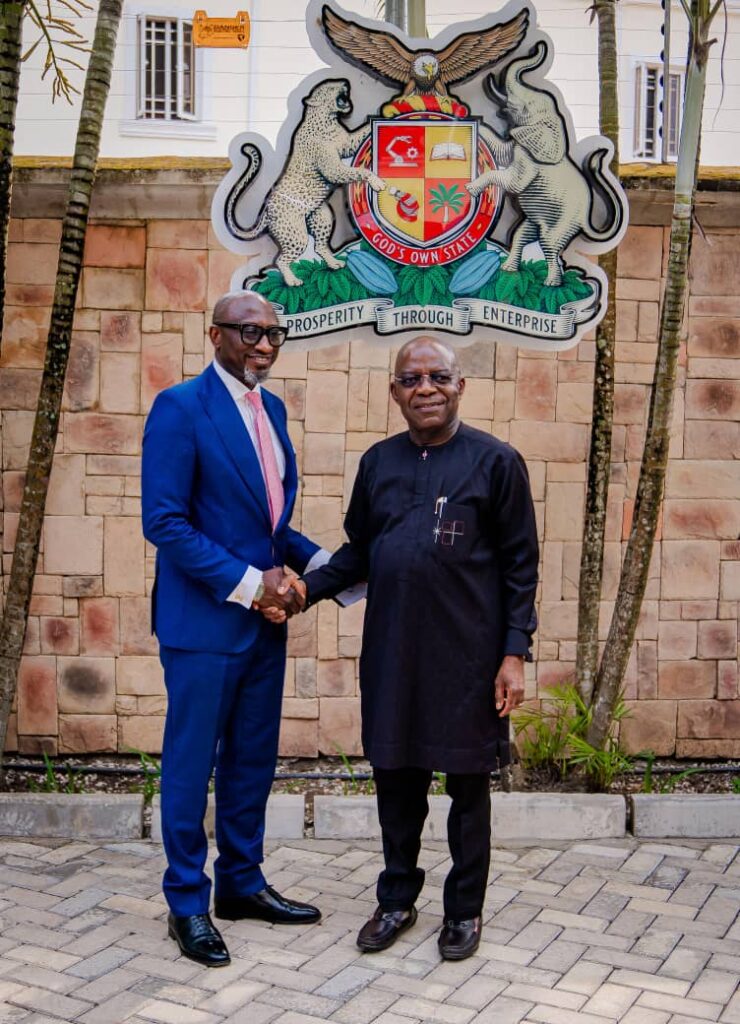Lagos-Calabar had Cought Dismissed Sult
The dismissal of the lawsuit by the Federal High Court in Lagos on April 3, 2025, has significant implications for the Lagos-Calabar Coastal Road project, a major infrastructure development aimed at enhancing connectivity and economic growth in the region. The lawsuit, filed by the Okun-Ajah community and other property owners in Eti-Osa Local Government Area, Lagos State, had sought to halt the project due to allegations of land encroachment and requests for damages for trespass.
Okun-Ajah Indigenes Suit to Stop Lagos-Calabar Coastal Road Struck out
*Battle may shift to state high court as federal high court declines jurisdiction
Bid to stop the Lagos-Calabar Coastal Road project has suffered a set back as a Federal High Court in Lagos has declined jurisdiction saying it was under the purview of a state High Court.
Justice Akintayo Akuko who was trying the matter ruled that the proper place to take the .matter was the State High Court.
The Coastal road is a brainchild of the federal government which aims to construct a 1,100-kilometer highway that will connect Lagos to Calabar, passing through several states in the southern region of Nigeria.
The lawsuit, filed by Chief Saheed Olukosi and other representatives of the Okun-Ajah community, claimed that the project had encroached on their ancestral lands, causing significant damage to their properties and livelihoods.
The plaintiffs sought an order of the court to halt the project pending the determination of the suit, as well as damages for trespass and other reliefs.
However, Justice Aluko, ruled that it did not have the jurisdiction to adjudicate on the matter, citing that the subject matter of the suit was within the purview of the Lagos State High Court.
The decision of the Federal High Court to strike out the lawsuit and for it to be transferred to the Lagos State High Court has significant implications for the project and the parties involved.
Firstly, it means that the project can continue, at least for now, without any legal impediments. Secondly, it shifts the burden of proof to the Lagos State High Court, which will now have to determine the merits of the case and decide whether the project has indeed encroached on the plaintiffs’ lands.
The decision also highlights the complexities and challenges associated with large-scale infrastructure projects in Nigeria, where issues of land ownership, compensation, and community engagement often pose significant hurdles.
The federal government and project contractors will need to engage with the affected communities and ensure that their concerns are addressed in a fair and transparent manner to avoid further litigation and potential project delays.
The case will now proceed to the Lagos State High Court, where the plaintiffs will have to re-file their lawsuit and present their case before a new judge. The court will then have to determine whether the project has indeed encroached on the plaintiffs’ lands and whether they are entitled to damages for trespass. The outcome of the case will have significant implications for the project’s timeline, budget, and overall viability.
In the meantime, the federal government and project contractors will need to engage with the affected communities and ensure that their concerns are addressed in a fair and transparent manner. This may involve providing adequate compensation to property owners, relocating affected communities, and implementing measures to mitigate the environmental and social impacts of the project.
Ultimately, the successful completion of the Lagos-Calabar Coastal Road project will depend on the ability of the federal government and project contractors to navigate the complex legal, social, and environmental challenges associated with the project, while ensuring that the rights and interests of all stakeholders are protected and respected. 







